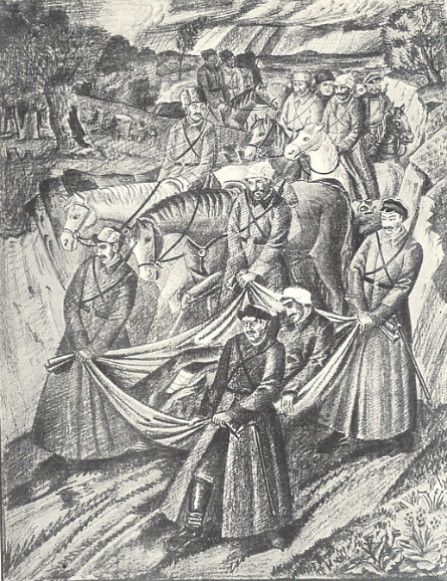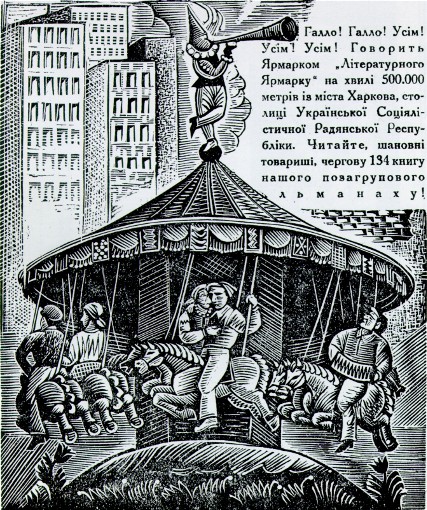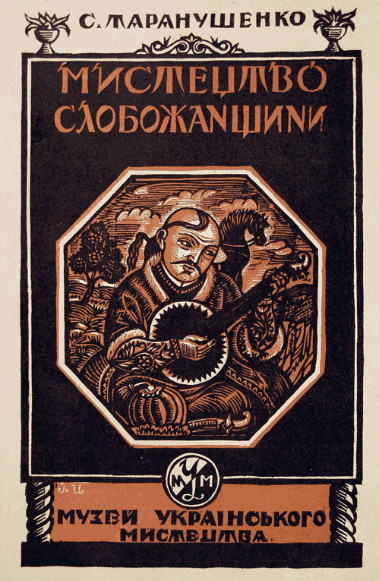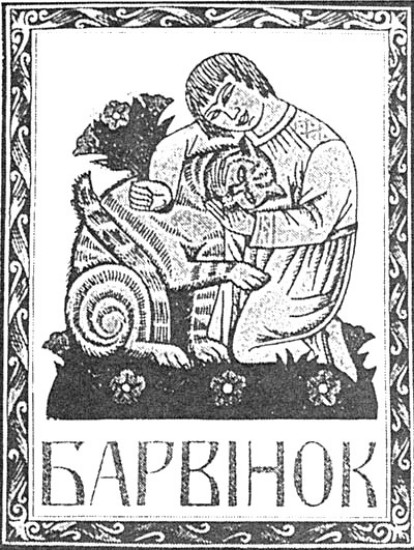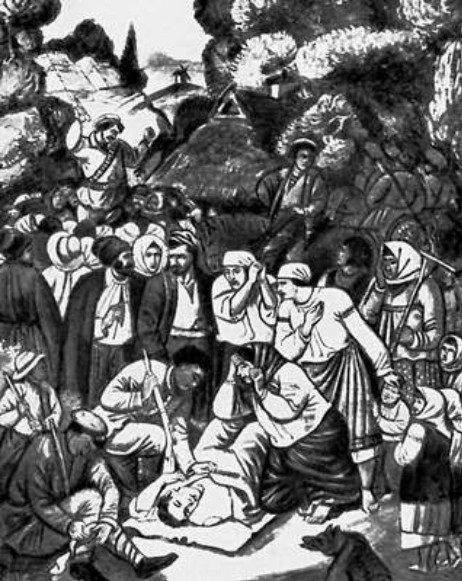Padalka, Ivan
Padalka, Ivan [Падалка, Іван], b 27 October 1894 in Zhornoklovy, Zolotonosha county, Poltava gubernia, d 13 July 1937 in Kyiv. Painter, muralist, and graphic artist. He studied at the Myrhorod Applied Arts School (1909–12), the Kyiv Art School (1913–17), and under Mykhailo Boichuk and Vasyl H. Krychevsky at the Ukrainian State Academy of Arts (1917–20). A member of the Association of Revolutionary Art of Ukraine in the 1920s, he taught at the Myrhorod (1920–1) and Mezhyhiria (1921–5) ceramics tekhnikums, the Kharkiv Art Institute (1925–34), and the Kyiv State Art Institute (1934–6). Under M. Boichuk's direction, in 1919, he took part in creating the 14 murals at the Lutsk regimental army barracks in Kyiv (destroyed in 1922) and, in 1933–5, the fresco Rest at the Kharkiv Chervonozavodskyi Ukrainian Drama Theater. He also did woodcuts, portraits of Petro Panch and Oksana Pavlenko, and genre paintings, such as Miners, Gathering Eggplants (early 1930s), Hay Gathering, Attack of the Red Cavalry (1927), and Photographer in the Village (1927). His prints include Apple (1926), Insurgents, and the series ‘Dnieper Hydroelectric Station’ (1928). He illustrated many children's books, including the collection Barvinok (Periwinkle, with Tymofii Boichuk, 1919), Oles Donchenko's Ha-la-hal, and Slovo o polku Ihorevi (The Tale of Ihor's Campaign, 1928), and designed posters, bookplates, and covers for editions of works by Taras Shevchenko, Ivan Franko, Oles Dosvitnii, Ivan Kotliarevsky, Maik Yohansen, Valeriian Polishchuk, and Stepan Taranushchenko. His paintings and prints were influenced by the icon and lubok pictures traditions. Padalka was arrested by the NKVD in September 1936 and later executed. He was posthumously ‘rehabilitated’ in 1958.
BIBLIOGRAPHY
Kravchenko, Iaroslav. Shkola Mykhaila Boichuka. Trydttsiat sim imen (Kyiv 2010)
Sviatoslav Hordynsky
[This article was updated in 2012.]
.jpg)
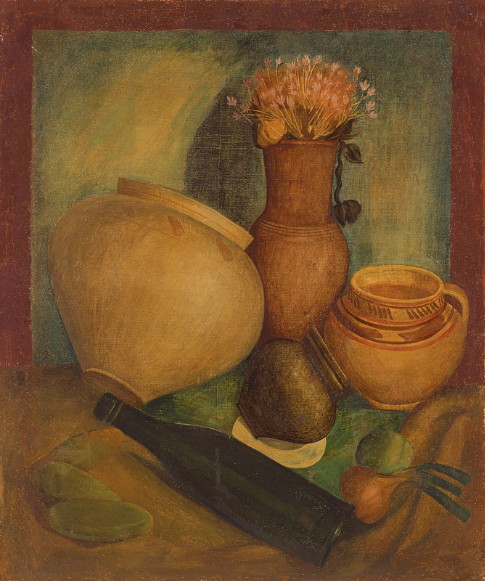
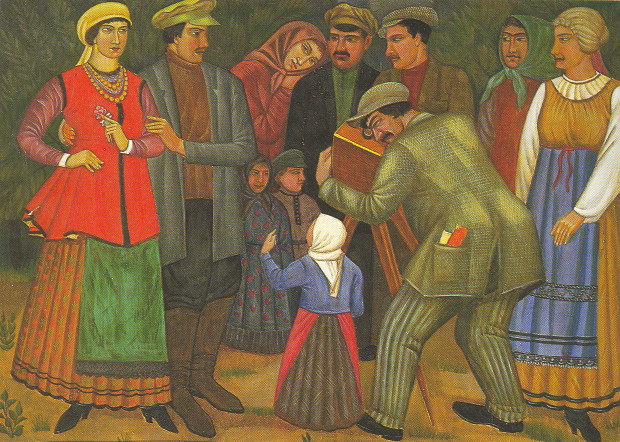
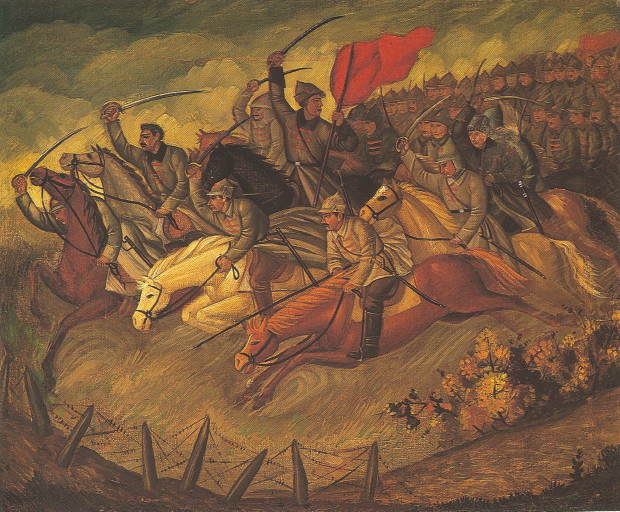
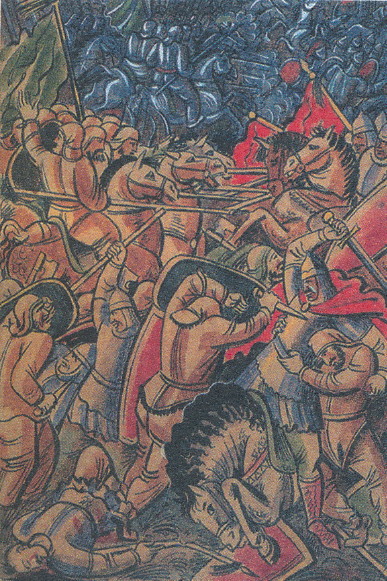
.jpg)
